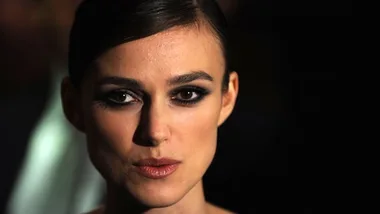Grimly, the abuse is so commonly related to how a feminist writer fails to meet the online commenter’s stringent standards of looks, grooming and body weight. ‘Ugly’ becomes the insult de jour, not just because of personal preferences (as my grandmother might say, one man’s silk purse is another’s sow ear) but because it’s a loaded statement that plays in directly to keeping women down. As Naomi Wolf pointed out in The Beauty Myth, beauty is a currency that’s used to control women. Fear of not having it stops women from not taking up space in the world, from not saying that they’re a feminist in case boys wont’ like them and its’ why the trope of the un-shaven feminist is a mainstay in the anti-woman handbook.
The arrival of “The Ugly Girls Club” in the UK then, and its subsequent success online is a win. The group started at the Royal Holloway University as the feminist club where they met to discuss ideas. When manning a stall at a student union event a few days ago, one highly original chap said that they were all ugly and part of the ‘ugly girls club’. Instead of getting upset, the group decided to own it. They changed their name to The Ugly Girl’s Club, uploaded silly selfies of themselves pulling faces and a funny, empowering community was created within a week with other people joining in the meme by posting ‘unflattering’ selfies of themselves in solidarity with the girls under the hashtag #uglygirlsclub.
Sometimes I look cracking and sometimes I say stuff that’s cracking. The stuff I say lasts longer. #uglygirlsclub pic.twitter.com/xstAPnlPVU
The group’s president, Natasha Barrett, told BuzzFeed that she hadn’t expected the light-hearted hashtag to attract such attention, but that she was thrilled with the reaction.
“The aims of the campaign are to unite people against superficial judgement rather than being judged on personal qualities and achievements and also to work against conventional beauty standards that restrict the confidence of people of all genders,” said Barrett.
Great campaign @RHuglygirlsclub: People of all genders, tweet #uglygirlsclub selfies. Views matter, not appearance. pic.twitter.com/owqjYDfmhG
While also being a whole lot of fun (who doesn’t enjoy a spot of pulling a face?) the ugly girls club is also a positive step toward dismantling the way beauty standards affect all of us. There’s something powerful about an ‘unflattering photo’ no longer holding us hostage, because as the tag line for the Ugly Girl’s Club reads, ‘we are more than our appearance, and so are you.’


